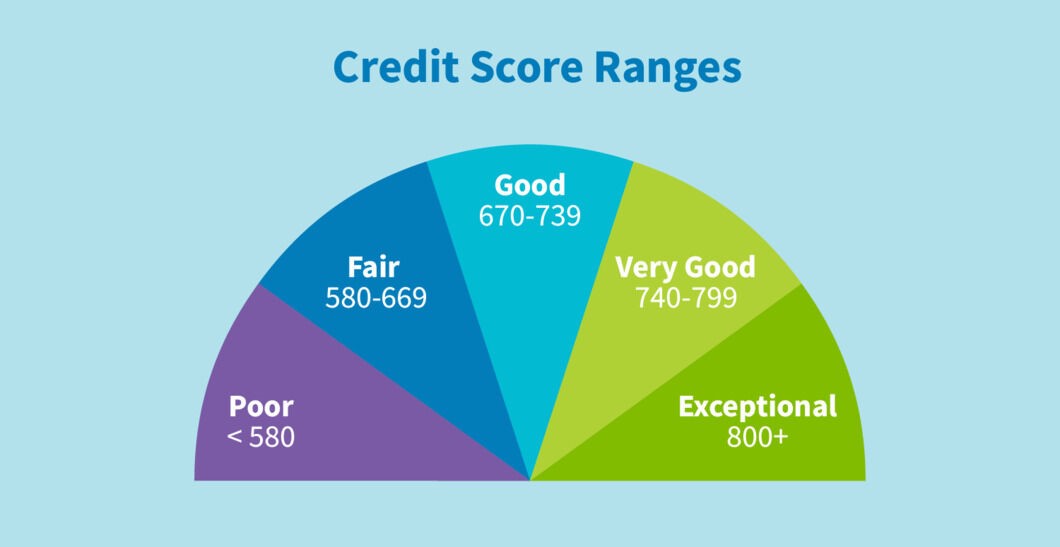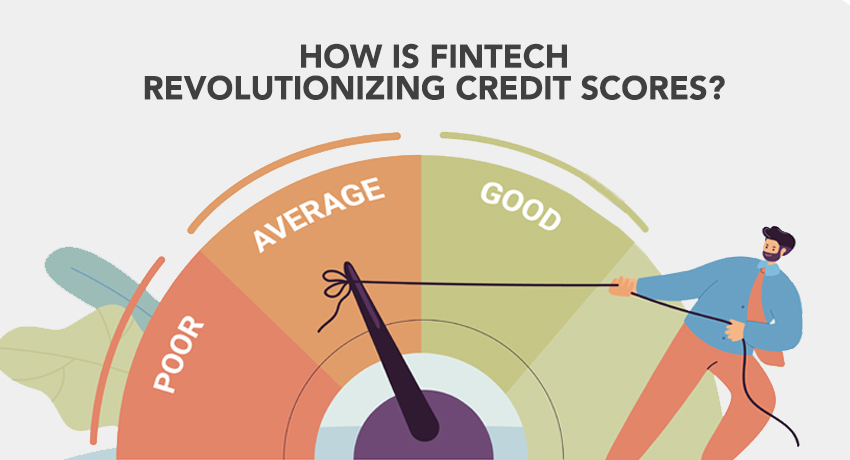The fintech revolution has impacted the financial industry in a variety of ways, with credit scoring being one of the most disruptive. Credit scores have traditionally been established using restricted data, frequently omitting people with little or no credit history. However, with the rise of fintech, forward-thinking businesses are using technology, alternative data sources, and advanced analytics to revolutionize credit ratings.

Image Source: Google
Fintech changing credit scores and its benefits to consumers and lenders
- Increasing Data Sources
Fintech firms are leveraging the power of technology to access data sources other than traditional credit agencies. Fintech firms may provide a more comprehensive image of an individual’s creditworthiness by examining a broader range of data, such as utility bills, rent payments, and even social media activity. As a result, they can now measure creditworthiness for people who were previously underserved by the standard credit scoring paradigm.
- Inclusion of unbanked and underbanked individuals
One of the primary benefits of fintech-driven credit scoring is its capacity to include people who are unbanked or underbanked. These people may have limited access to standard financial services and no official credit history. Fintech firms can use alternative data and creative scoring models to assess creditworthiness based on criteria such as income, savings patterns, and transaction history. This inclusion gives underprivileged people access to credit and financial services that were previously unavailable to them.
- Improved Accuracy and Risk Assessment
Fintech’s data-driven approach to credit scoring improves risk assessment accuracy. Traditional credit ratings frequently focus mainly on payment history, ignoring important aspects like income, education, and employment history. These extra data points can be incorporated into fintech models to create a more comprehensive assessment of an individual’s creditworthiness. This enables lenders to make better-informed decisions and provide personalized lending packages customized to the specific demands and circumstances of each borrower.
- Speed and Efficiency
Fintech firms use innovative technologies and automation to streamline the credit evaluation process. They can analyze vast amounts of data quickly and deliver near-instant credit judgements by utilizing algorithms and machine learning. This speed and efficiency benefit both lenders and borrowers by lowering the time and effort required to acquire credit while reducing the danger of human error.
- Facilitating Financial Inclusion
The significance of fintech-driven credit scoring in fostering financial inclusion is one of its most important achievements. Fintech companies are breaking down barriers and boosting access to finance for previously underrepresented populations by leveraging alternative data sources and advanced analytics. Individuals will be able to establish credit, get inexpensive loans, and engage more fully in the economy as a result of this inclusion, leading to increased financial empowerment and economic prosperity.
Fintech is transforming credit ratings through the use of technology, alternative data sources, and advanced analytics. This game-changing strategy broadens the pool of people who can obtain credit, empowers the unbanked and underbanked, and improves the accuracy and efficiency of credit evaluation. Financial inclusion is being promoted through fintech-based credit scoring, which ensures that more people have access to affordable loans and financial services. The credit scoring landscape will continue to alter as the fintech revolution proceeds, empowering individuals and transforming the way creditworthiness is assessed.
